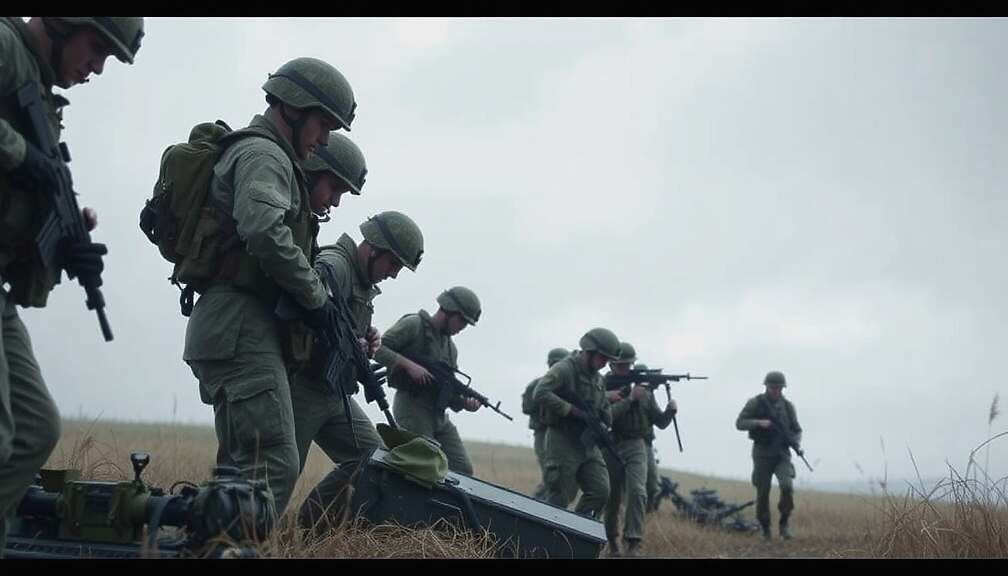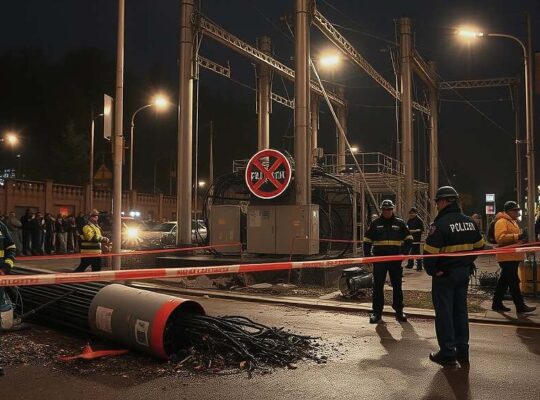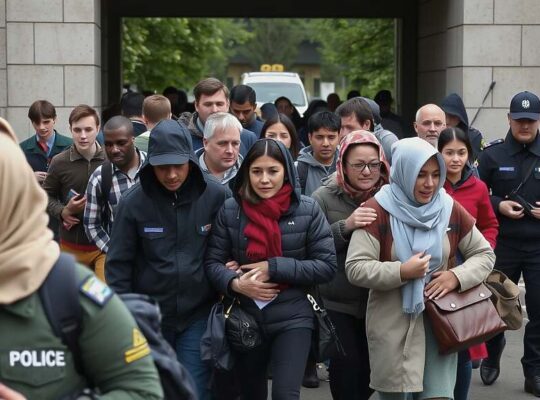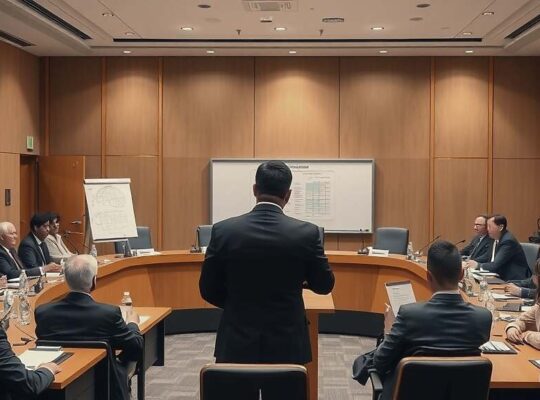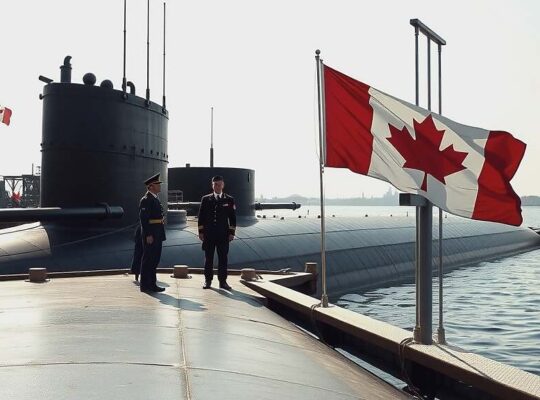The German coalition government, comprised of the Christian Democratic Union/Christian Social Union (CDU/CSU) and the Social Democratic Party (SPD), is laying the groundwork for a potential return to mandatory military service, albeit under conditions designed to maintain a degree of political flexibility. Draft legislation, currently under parliamentary review, outlines a revamped system of conscription that prioritizes voluntary recruitment but retains the option of a lottery-based conscription if voluntary participation falls short of ambitious targets.
The proposed changes, reported by the Redaktionsnetzwerk Deutschland, stipulate the establishment of a “mandatory conscription” under specific circumstances. These include deteriorating geopolitical conditions or persistent personnel shortages within the Bundeswehr (German Armed Forces). The legislative amendment explicitly states that the Bundestag, Germany’s parliament, retains the authority to activate this measure, with a lottery system potentially employed to select conscripts should other recruitment efforts prove inadequate. Crucially, the government insists this will not be an automatic process, intending to avoid accusations of a rigid return to traditional conscription.
The legislation aims for a significant expansion of the Bundeswehr, setting legally binding targets based on commitments made to NATO. These targets necessitate a total force of at least 260,000 active soldiers and 200,000 reserves. The coalition has enshrined target ranges – projecting between 198,000 and 205,000 active soldiers by the end of the current legislative period in 2029 – and will require the Defense Ministry to report to parliament on progress every six months, introducing a layer of parliamentary oversight.
The reforms accompany financial incentives to encourage voluntary enlistment, a response to concerns that a purely mandatory system would be unpopular and potentially ineffective. Proposed increases include a minimum gross salary of €2,600 for volunteers, alongside substantial subsidies for acquiring driver’s licenses – up to €3,500 for a Class B license and up to €5,000 for a Class C or C1 license.
While presented as a framework for bolstering national defense, the impending legislation has already drawn criticism. Opponents argue that retaining the option of a lottery-based conscription undermines the government’s stated commitment to a volunteer military. Furthermore, concerns are being raised about the potential financial strain of meeting the ambitious recruitment targets, even with the proposed incentives. The final draft is slated for debate in the Defense Committee on December 3rd, with a plenary vote scheduled for December 5th, highlighting the ongoing political tension surrounding the future of military service in Germany. The lingering possibility of a return to compulsory service, even under a deliberately ambiguous legal framework, underscores the ongoing reassessment of Germany’s defense policy in a rapidly shifting geopolitical landscape.


